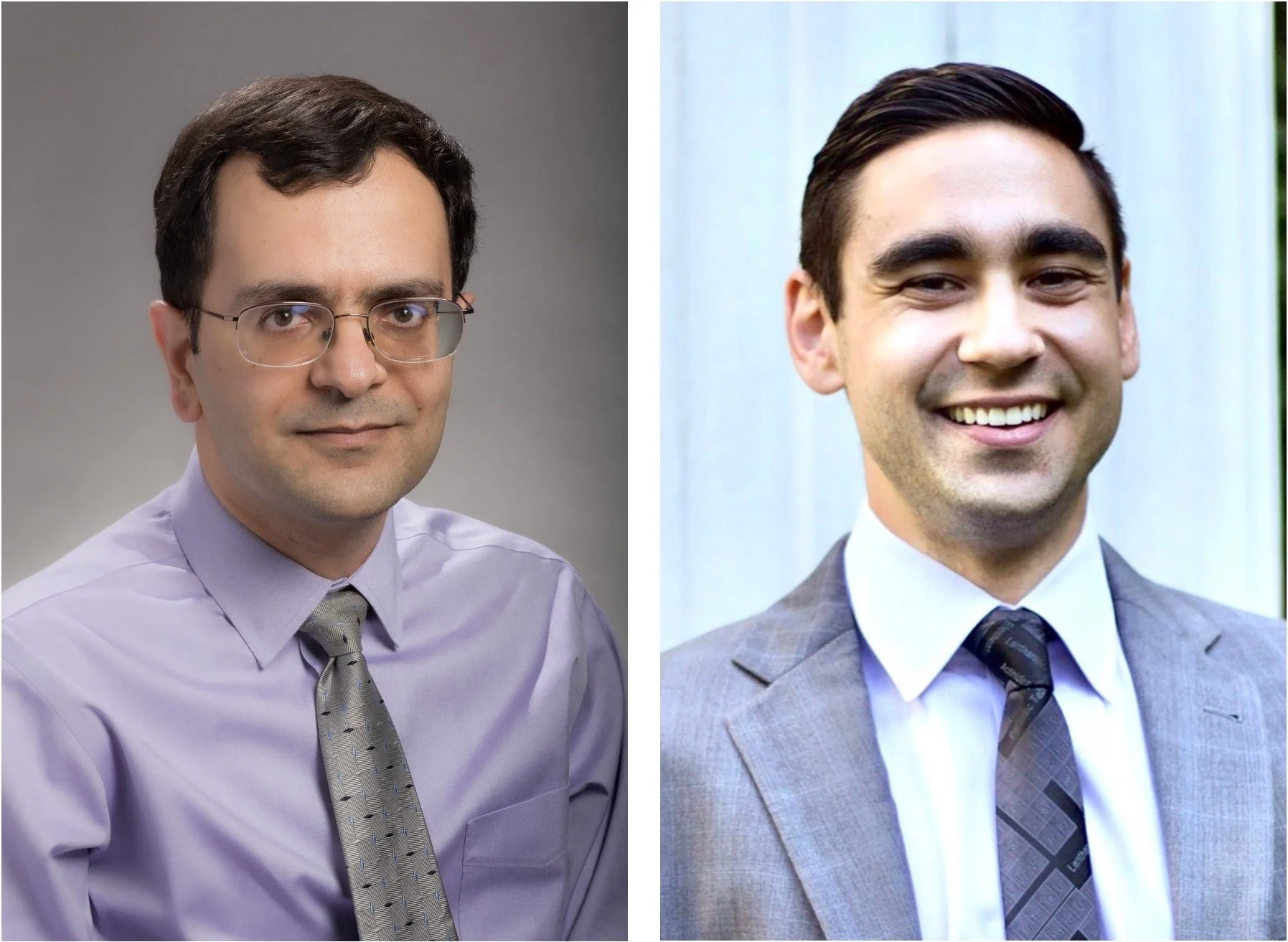A sex-specific salivary microbe predicts oral mucositis severity following blood cancer treatment
February 14, 2025
In 2022, oncologist Dr. Armin Rashidi joined the Fred Hutchinson Cancer Center (FHCC) to treat patients who receive stem cell transplants for the treatment of blood-related cancers. A common complication of these treatments is oral mucositis (OM), or inflammation of the lining of the mouth, which is vulnerable to radiation and chemotherapy used as the preparative regimen before transplantation. Since gut inflammation following chemoradiation is influenced by gut microbes, Armin hypothesized that the oral microbiota may likewise play a role in OM. Meanwhile, recent graduate of the Oral Health Sciences PhD program at UW, Dr. Hakan Gem, was searching for a research project for his oral medicine fellowship. Hakan’s mentor, Dr. David Dean, connected him to Armin and the serendipitous collaboration kicked off.
To test Armin’s hypothesis about the role of oral microbes in OM following stem cell transplantation, Hakan’s fellowship thesis project began with sampling patients at FHCC who were to receive blood stem cell transplantation. Using mim_c Laboratories to stage sampling and prepare specimens for metagenomic sequencing, Hakan and his team examined the microbial species within saliva, plaque, and other oral tissue samples collected up to three months after stem cell infusion. Simultaneously, they measured the severity of OM using a quantitative scoring metric rather than more traditional categorical methods. Upon consideration of these data sets together, they identified a microbial species present at baseline that could predict OM severity at two weeks post-transplant: Oribacterium asaccharolyticum. Unexpectedly, men showed higher baseline abundance of O. asaccharolyticum than women. This finding was correlated with higher levels of uric acid in the men studied, which offers a potential mechanism for tuning O. asaccharolyticum salivary abundance. Their discovery, recently published in npj Biofilms and Microbiomes, represents the first association between a sex-dependent microbe and OM after stem cell infusions.
Dr. Rashidi (left) joined the Fred Hutchinson Cancer Center faculty in 2022. Dr. Gem (right) joined the UW School of Dentistry faculty in 2024.
In addition to co-authors on the article, Hakan wants to highlight Michael Guyumdzhyan, Pedrom Imankhan, and Rizmina Lathiff - three driven dental students who helped prepare, collect, and process samples for this project. Besides aiding in these critical tasks, they gave him the chance to sharpen his mentorship and teaching skills which helped him secure his new position as a junior faculty in Oral Medicine.
Armin and Hakan remain active members of the mim_c community and recently presented their findings at the Fall 2024 mim_c Symposium. Their future goals include conducting proteomic and metabolomic analyses on additional sample types from this study that are currently banked at mim_c Laboratories. Furthermore, they aim to validate the findings of this study with an independent cohort focusing on baseline saliva, baseline uric acid, and serial mucositis exams. This confirmation would motivate mechanistic studies in animal models that may reveal molecular pathways by which O. asaccharolyticum mediates damage to the oral mucosa during chemoradiotherapy that the current study was not designed to investigate. Such findings may eventually inform targeted pre-treatments to alter O. asaccharolyticum levels to reduce OM severity.
By Monica Tschang

